
Exciting new series on “Voice, Body and Movement for Lawyers – How to connect with the jury and find Justice Through Dramatic Technique!”
Click here to find out more
As the global economy continues to face the impacts of natural disasters, extreme weather, war, supply chain disruptions and other challenges, businesses may default on contractual obligations. To mitigate liability for unprecedented events, many companies are taking a closer look at force majeure clauses, which were previously considered a boilerplate feature of most agreements that were seldom negotiated or considered by counsel. However, since the COVID-19 pandemic, contract drafters are now taking care in drafting force majeure clauses as a way to provide an affirmative defense to default.
Businesses must determine whether circumstances presented by various events meet the legal requirements of force majeure and that such provisions are sufficiently specific to be enforceable. For a party to invoke the clause, the event must be unforeseeable. Boilerplate agreement language often includes a laundry list of events defining an "act of God," but a court may or may not agree that a particular event is covered. Further, enforcement of a force majeure clause requires that the company prove that the force majeure event defined in the contract caused a party's inability to perform a contract obligation.
Force majeure enforcement is also highly contingent on the country of implementation and, in this circumstance, the impact of a particular event on a region's supply chain and workforce. China and the European Union use varying definitions for enforcement, and anticipating issues that may arise in a default informs counsel on how to draft the optimal provision to protect a business from future catastrophic losses.
Nicholas J. Ellis, Partner at Foley & Lardner; Neil C. Schur, Shareholder, Co-Chair Antitrust and Unfair Competition Group at Anderson Kill; and Josh Wurtzel, partner at Schlam Stone Dolan, will focus on drafting force majeure clauses to address the issues and factors required by U.S. courts for enforcement, as well as addressing the international reach and interpretation of what "superior force" may mean on a global level. The panel will guide counsel on the precise nature of the language needed, what constitutes "unforeseeable," the causation between an event and non-performance, and evidence that effects are so severe that an obligation cannot be performed.
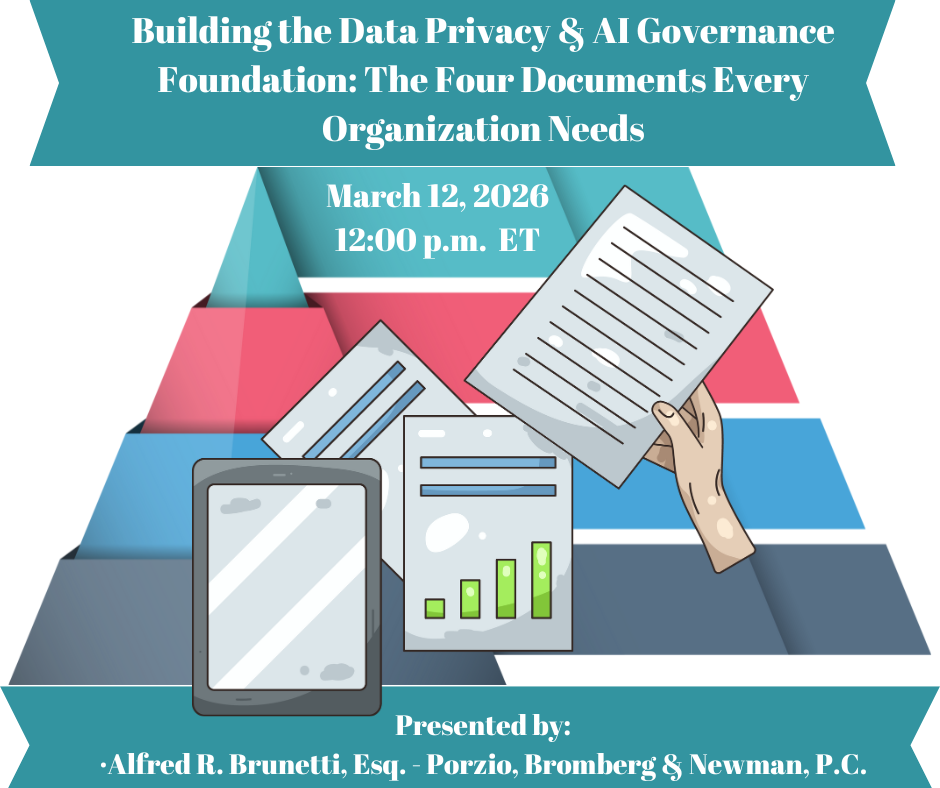
Effective data privacy and artificial intelligence governance programs do not happen by accident. Th...
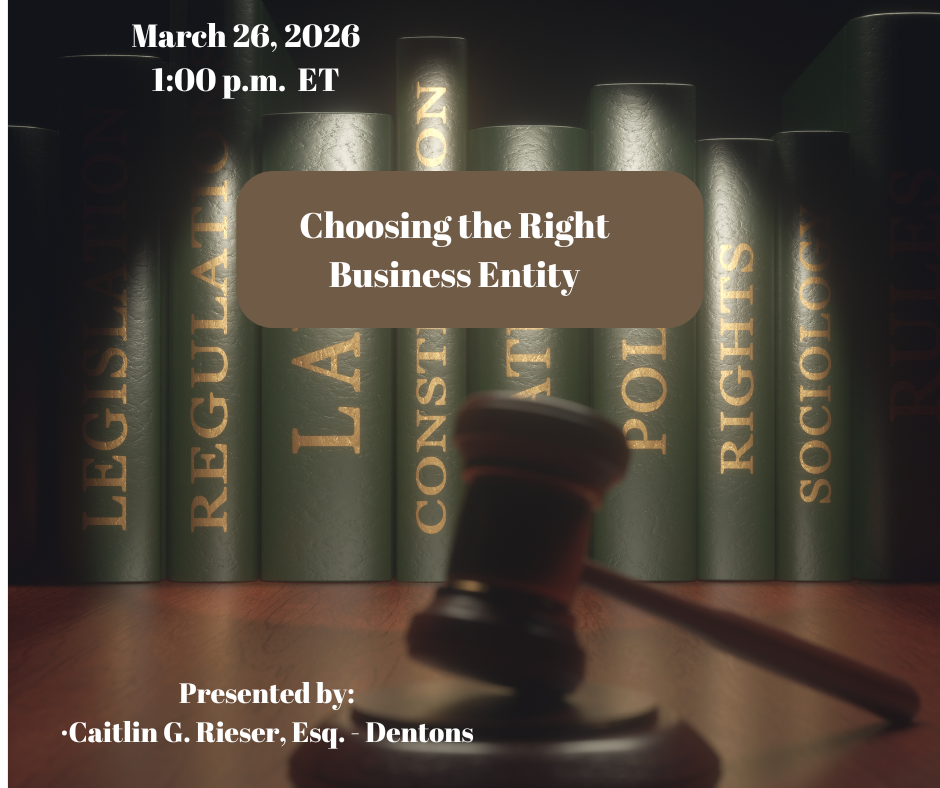
In “Choosing the Right Business Entity,” I will walk through the issues that matter most...
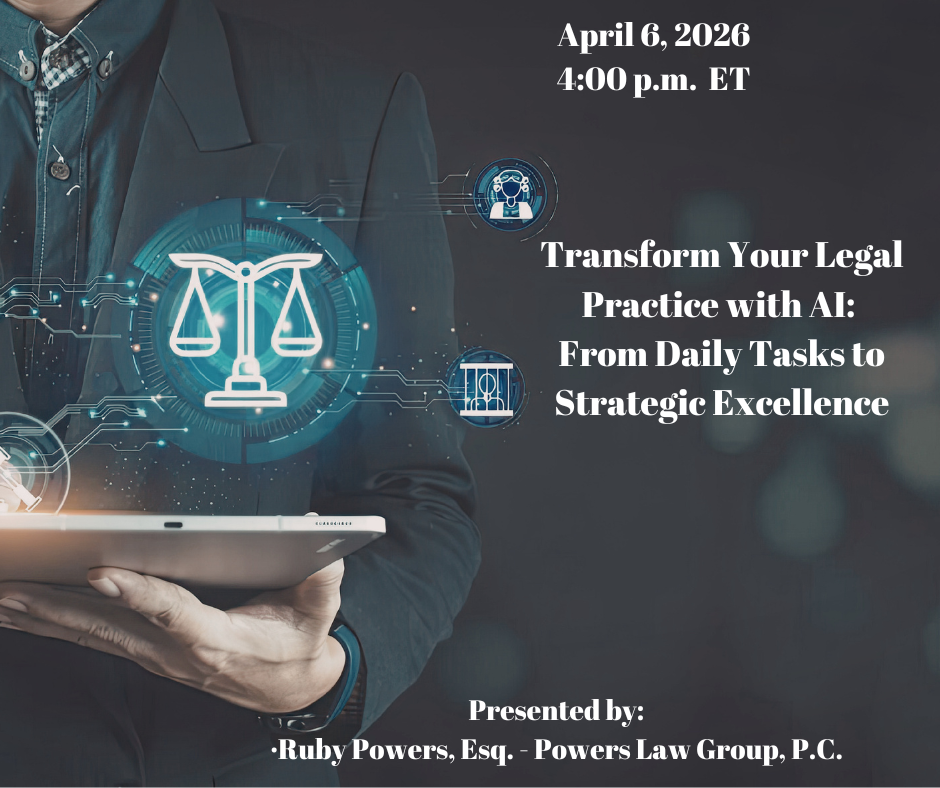
This course provides a strategic roadmap for attorneys to transition from administrative burnout to ...
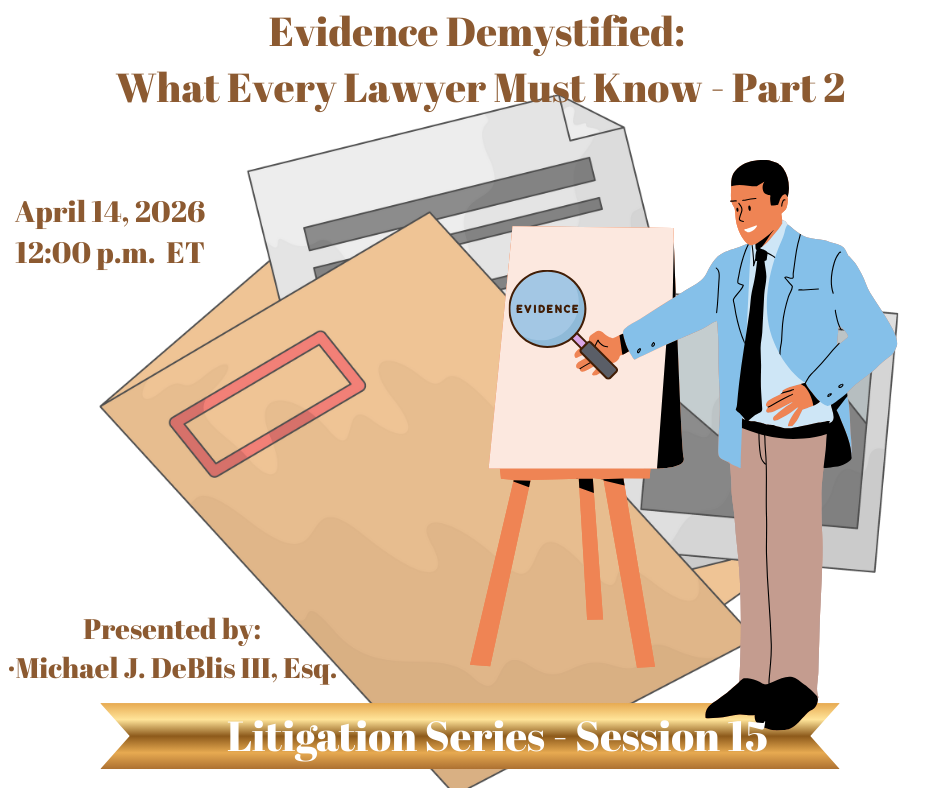
Evidence Demystified Part 2 covers key concepts in the law of evidence, focusing on witnesses, credi...
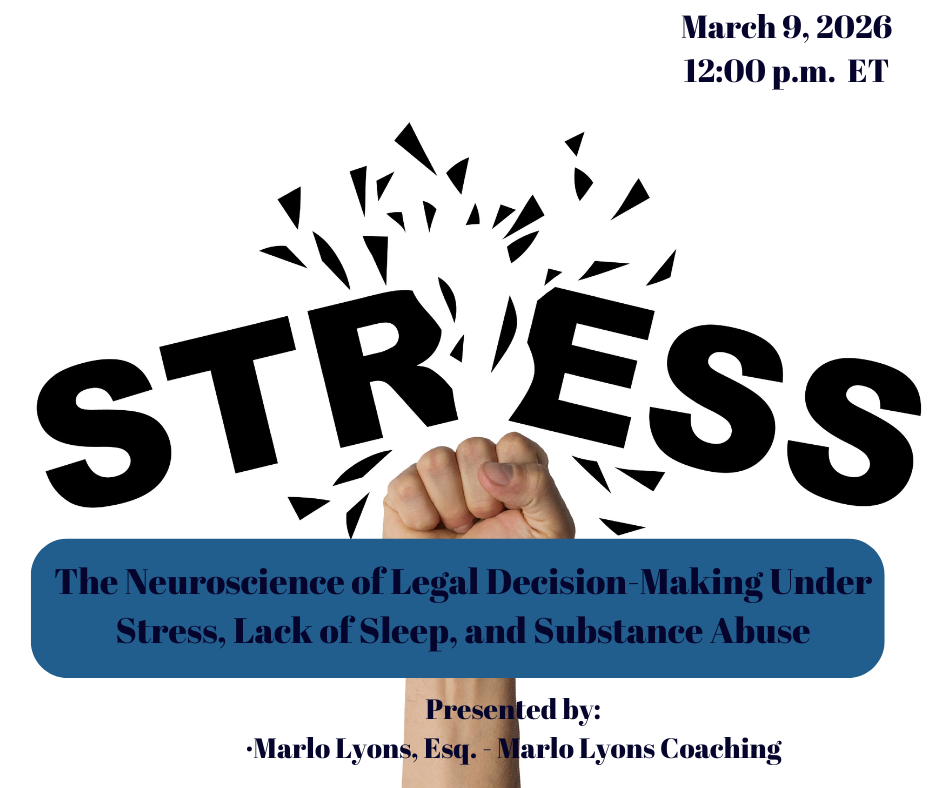
This dynamic and compelling presentation explores how chronic stress, sleep deprivation, and substan...
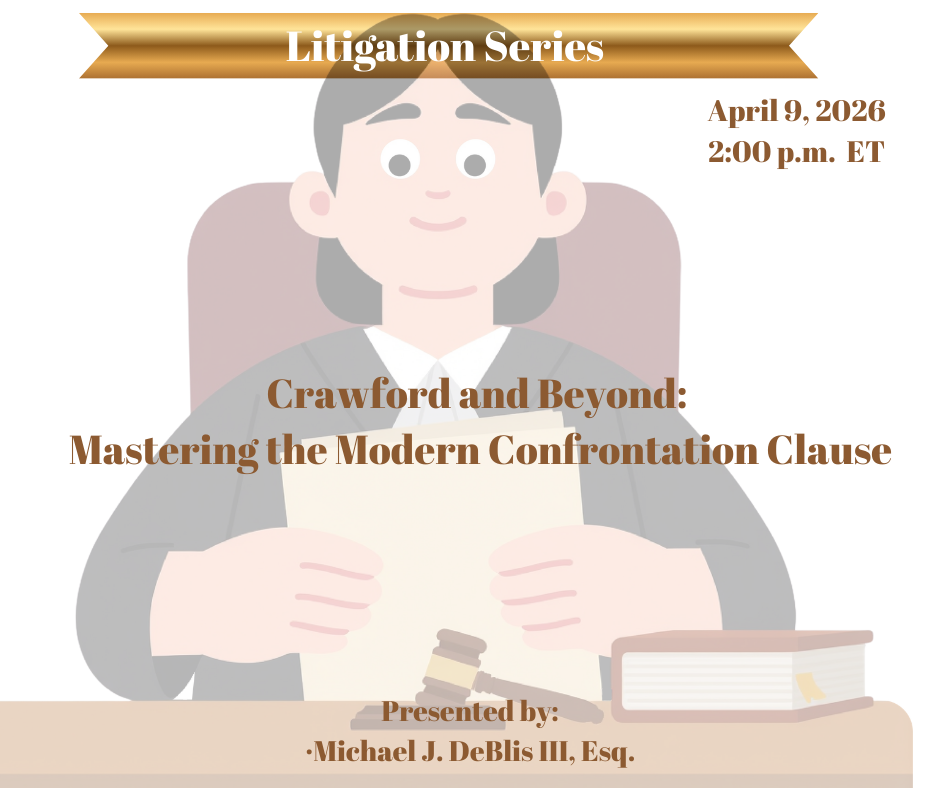
This program provides a comprehensive analysis of the Sixth Amendment Confrontation Clause as reshap...
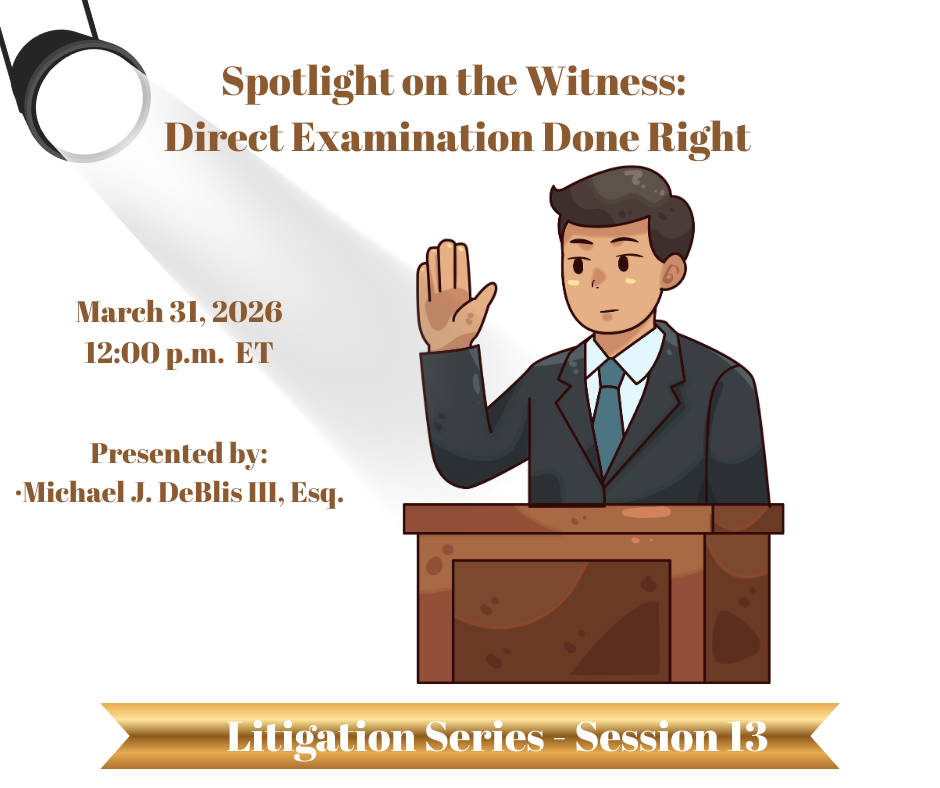
The direct examination presentation outlines how attorneys can elicit truthful, credible testimony w...
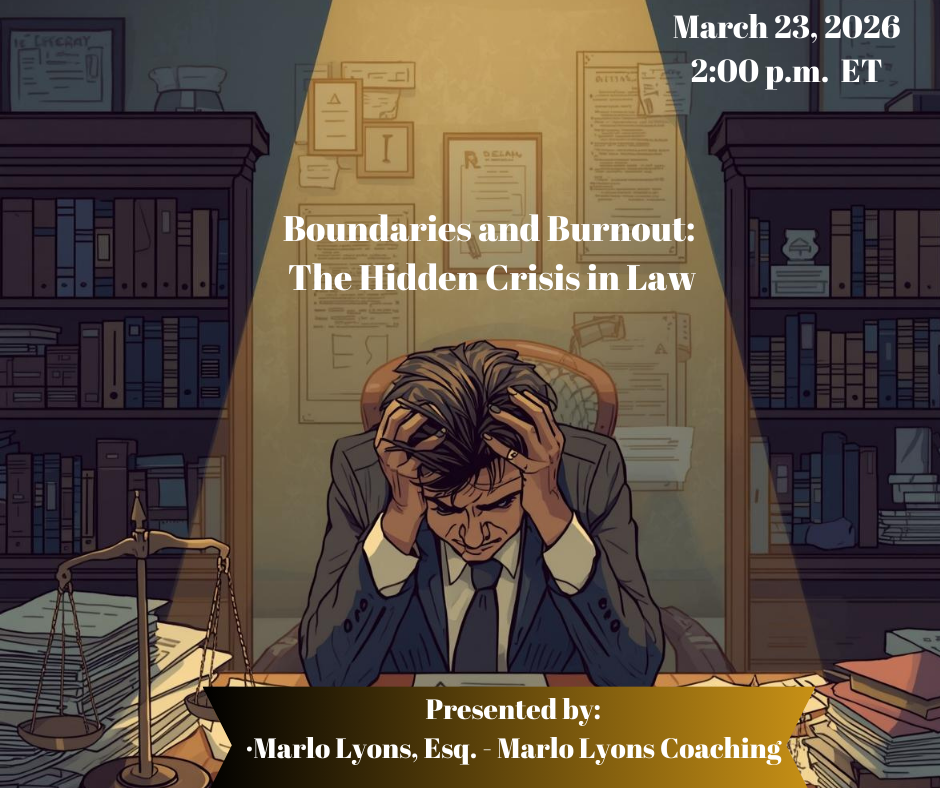
Boundaries and Burnout: The Hidden Crisis in Law is a 60-minute California MCLE Competence Credit pr...
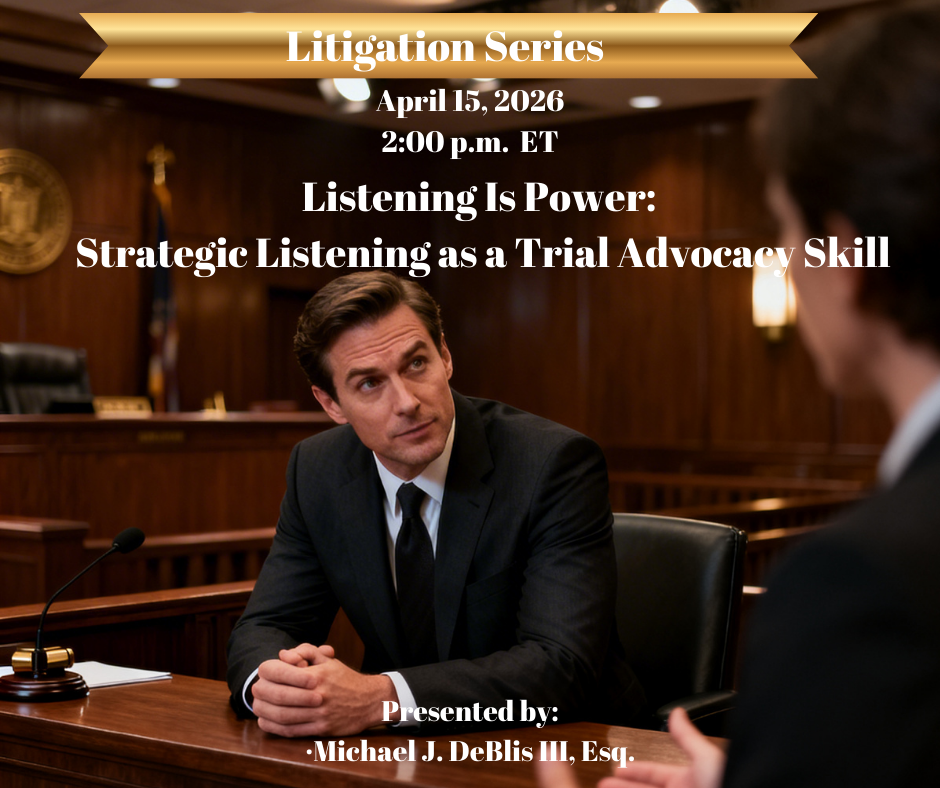
This program examines listening as an active, strategic trial advocacy skill rather than a passive c...
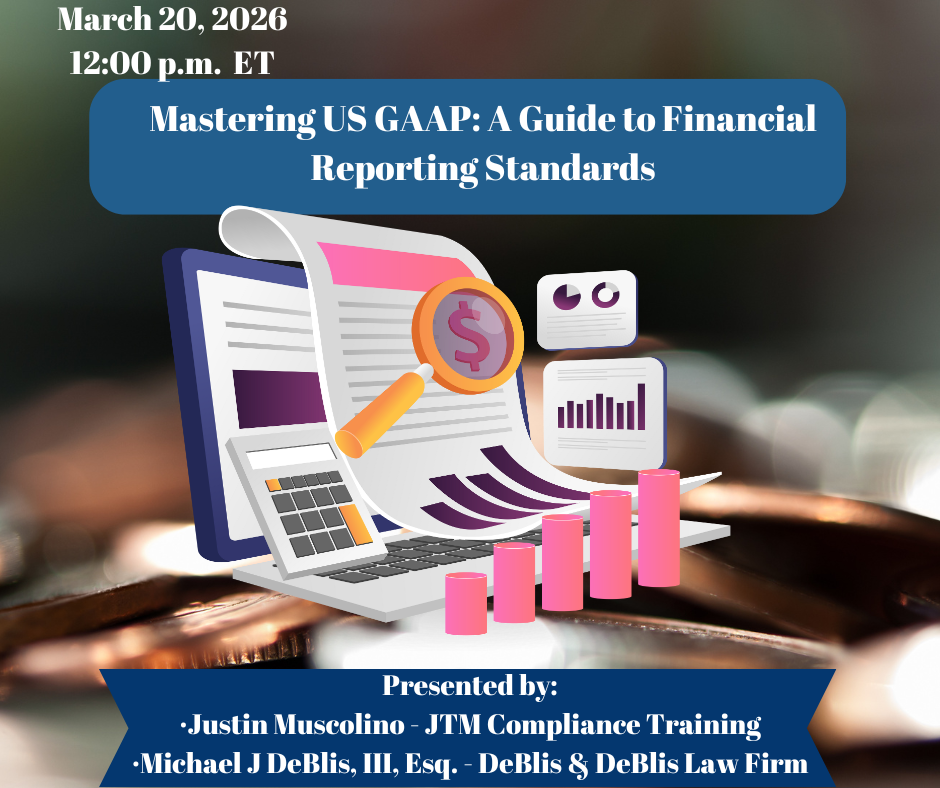
This advanced CLE dives into complex GAAP topics relevant to attorneys advising corporate, regulator...